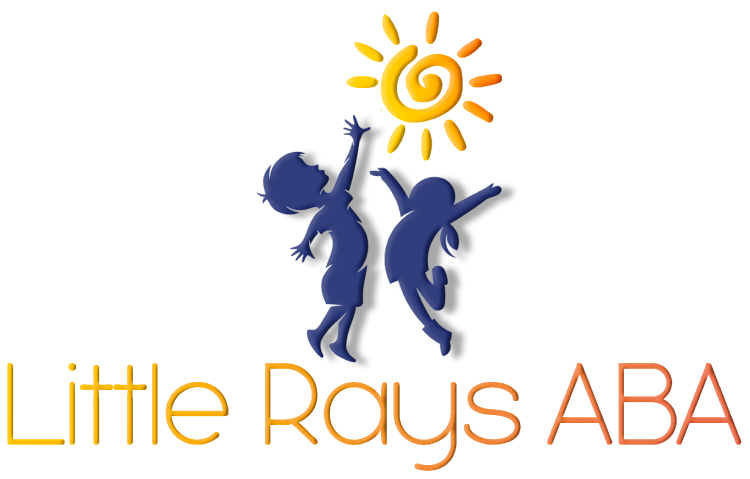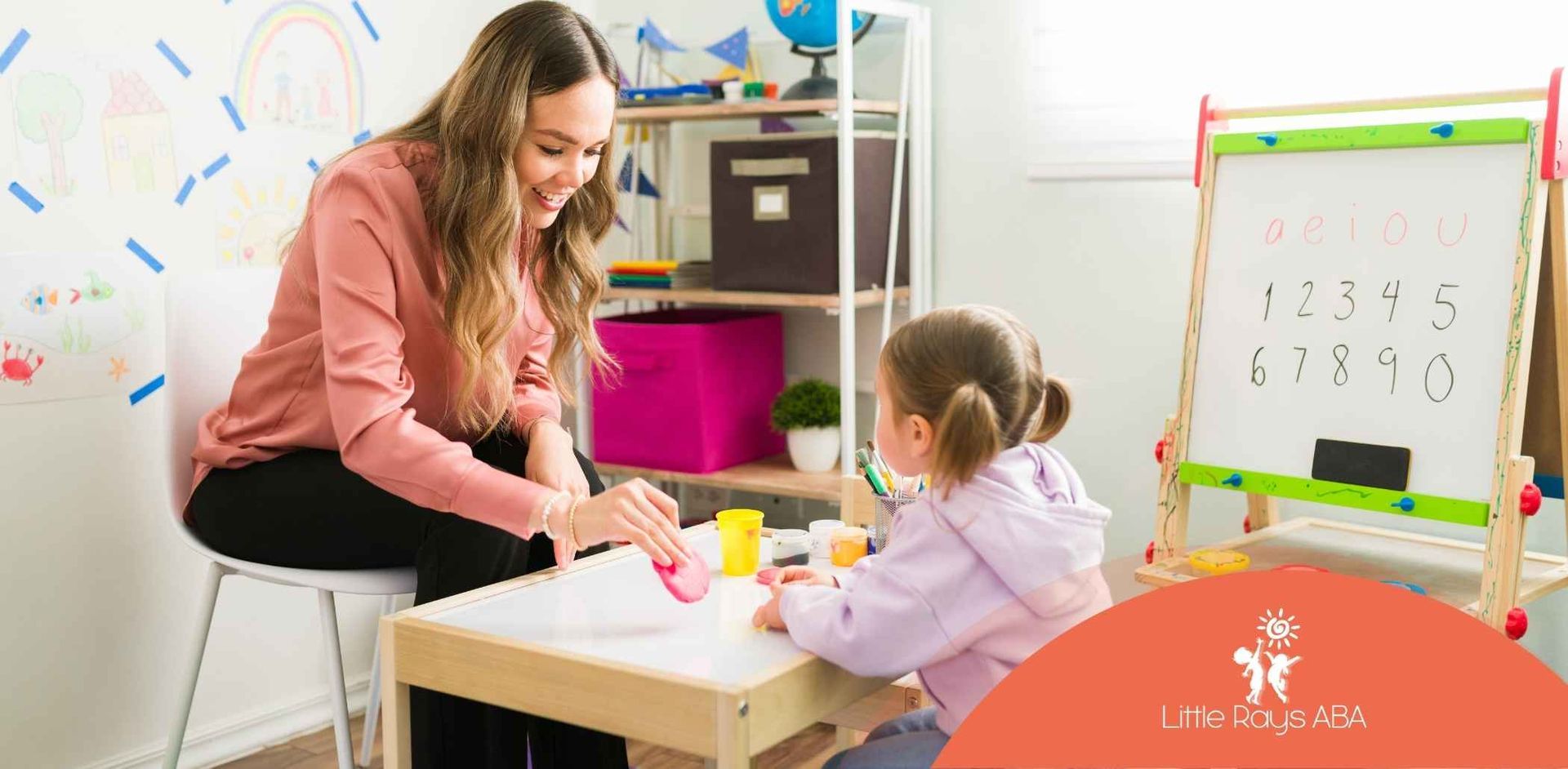
Transformative Steps: ABA Therapy for Toddlers Deconstructed
Understanding ABA Therapy
What is ABA Therapy?
Applied Behavior Analysis (ABA) Therapy is a therapeutic approach rooted in behavioral science. It's designed to aid children diagnosed with autism by improving their social, communication, and learning skills through positive reinforcement techniques. ABA therapy focuses on understanding how behavior works in real-life situations and how different environments may affect a child's actions. By breaking down complex tasks into smaller, manageable steps, therapists can guide children to acquire essential skills one step at a time.
ABA therapy is evidence-based and results-oriented. Through careful observation and data collection, therapists can identify the most effective strategies tailored to each individual child.
Importance of ABA Therapy for Toddlers
For toddlers identified with autism, early intervention utilizing ABA therapy is crucial. Early years are a critical period for brain development, making it an optimal time to introduce behavioral modifications and skill-building exercises. Implementing ABA therapy during this time can significantly influence the child's developmental trajectory.
Here are a few key reasons why ABA therapy is particularly beneficial for toddlers:
- Skill Development: ABA helps toddlers develop essential life skills such as communication, social interaction, and self-care. These skills form the foundation for future learning and independence.
- Behavior Management: Early ABA intervention can address challenging behaviors and teach more appropriate alternatives, facilitating smoother family dynamics and social interactions.
- Adaptability: Younger children are generally more adaptable to learning new behaviors and routines, making early therapy sessions more effective.
- Structured Learning: Toddlers benefit from the structured, consistent environment that ABA therapy provides. Regular routines and clear expectations help toddlers understand what is expected of them.
By understanding what ABA therapy involves and recognizing its importance, parents can make informed decisions about the care and support needed for their autistic toddlers.
Benefits of ABA Therapy for Toddlers
Skill Development and Progress
Applied Behavior Analysis (ABA) therapy has shown significant benefits in skill development for toddlers. Through structured interventions, children can develop essential skills in communication, social interaction, and daily living activities.
Therapists use positive reinforcement to encourage desirable behaviors, which helps toddlers acquire new skills more effectively. Continuous monitoring and adjustment of therapy goals ensure that progress is tracked and interventions remain effective.
Progress in these areas can lead to substantial improvements in a toddler's quality of life, enhancing their ability to interact with family members and peers.
Behavior Modification Techniques
Behavior modification is a core component of ABA therapy. The goal is to replace challenging behaviors with more adaptive behaviors. This is achieved through a variety of techniques, including:
- Positive Reinforcement: Encouraging a behavior by providing a rewarding consequence.
- Prompting and Fading: Gradually reducing assistance as the child learns the behavior.
- Task Analysis: Breaking down complex behaviors into smaller, manageable steps.
These techniques are customized to meet the individual needs of each child, ensuring that interventions are both effective and sustainable.
Understanding and implementing these behavior modification techniques can substantially alter negative behavior patterns, making daily life smoother for both the child and their family.
Implementing ABA Therapy for Toddlers
When it comes to Applied Behavior Analysis (ABA) therapy for toddlers, two critical components ensure its effectiveness: finding qualified therapists and creating a structured environment. These elements play a pivotal role in helping children develop essential skills and achieve significant progress.
Finding Qualified Therapists
Locating qualified ABA therapists is a vital step for parents seeking to implement this therapy for their toddlers. It's essential to ensure that the therapists are well-trained and certified. Here are key criteria to look for:
| Criteria | Description |
|---|---|
| Certification | Board Certified Behavior Analyst (BCBA) certification |
| Experience | Experience working with toddlers on the autism spectrum |
| Education | Relevant educational background in psychology or behavior analysis |
| References | Positive references from other parents or professionals |
A qualified therapist will conduct thorough assessments, design individualized intervention plans, and provide consistent, evidence-based strategies tailored to the child's needs.
Creating a Structured Environment
A structured environment is essential for successful ABA therapy. This involves establishing predictable routines, clear expectations, and organized settings that facilitate learning and behavior modification.
Key elements include:
- Consistency: Maintaining a consistent daily schedule helps toddlers anticipate and understand what comes next, reducing anxiety and promoting positive behaviors.
- Visual Supports: Using visual aids, such as picture schedules or charts, assists toddlers in understanding routines and transitions.
- Clear Instructions: Providing clear and concise instructions helps toddlers grasp what is expected of them in various situations.
- Reinforcement: Implementing a system of rewards and positive reinforcement encourages desired behaviors and skill acquisition.
By focusing on these aspects, parents can create a supportive environment that complements the efforts of qualified therapists, ensuring the best outcomes for their child's ABA therapy journey.
Best Age to Start ABA Therapy for Toddlers
Understanding the appropriate time to begin ABA therapy for toddlers can significantly impact their developmental progress. This section discusses the benefits of early intervention and the factors influencing the optimal timing for starting therapy.
Early Intervention Benefits
Early intervention in ABA therapy can yield significant benefits for toddlers. Starting therapy at a young age allows for the development of essential skills and the establishment of positive behaviors. Research suggests that early intervention can lead to better outcomes in communication, social interactions, and adaptive behaviors.
Benefits of Early ABA Therapy:
- Improved language and communication skills
- Enhanced social interaction
- Increased cognitive development
- Greater independence in daily activities
- Reduction in inappropriate behaviors
| Age Range | Key Benefits |
|---|---|
| 18-24 months | Enhanced early language development, improved attention span |
| 24-36 months | Better social skills, early cognitive gains |
| 36-48 months | Improved adaptive behaviors, greater independence |
Factors to Consider for Optimal Timing
Several factors play a role in determining the best age to start ABA therapy for toddlers. These include the child's developmental stage, the severity of symptoms, and the availability of qualified therapists.
Key Factors:
- Developmental Readiness: Assessing the child’s current developmental milestones can help determine if they are ready to benefit from therapy.
- Severity of Symptoms: Children with more pronounced behavioral or developmental challenges may require earlier intervention.
- Therapist Availability: Access to certified and experienced ABA therapists can influence the decision on when to start therapy.
By carefully evaluating these factors, parents can make informed decisions about the appropriate timing for beginning ABA therapy. Early and targeted intervention can pave the way for meaningful progress and improved quality of life for toddlers with autism.
Conclusion
ABA therapy for toddlers lays the foundation for meaningful growth, helping children build essential skills early on. By focusing on individualized strategies, families can support their child's communication, behavior, and social development, setting them up for long-term success. Finding the right provider is key to making the most of this transformative journey.
Little Rays ABA is Florida’s trusted provider of early intervention ABA therapy, helping toddlers develop crucial skills through personalized, play-based strategies. Their expert team is dedicated to fostering growth in communication, behavior, and social interactions, ensuring every child reaches their full potential. If you're ready to take the next step in your child's development, contact Little Rays ABA today and discover how early intervention can make a lasting difference.
Frequently Asked Questions
What is ABA therapy for toddlers?
ABA (Applied Behavior Analysis) therapy is a structured, evidence-based approach that helps toddlers develop essential skills such as communication, social interaction, and behavior management through positive reinforcement techniques.
At what age should a toddler start ABA therapy?
Early intervention is key, and ABA therapy can begin as early as 18 months. The earlier therapy starts, the more effective it can be in helping children develop foundational skills.
How does ABA therapy help toddlers with autism?
ABA therapy focuses on breaking down complex skills into small, teachable steps. It helps toddlers with autism improve communication, reduce challenging behaviors, enhance social interactions, and develop independence.
Sources:
Related Posts





